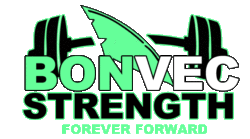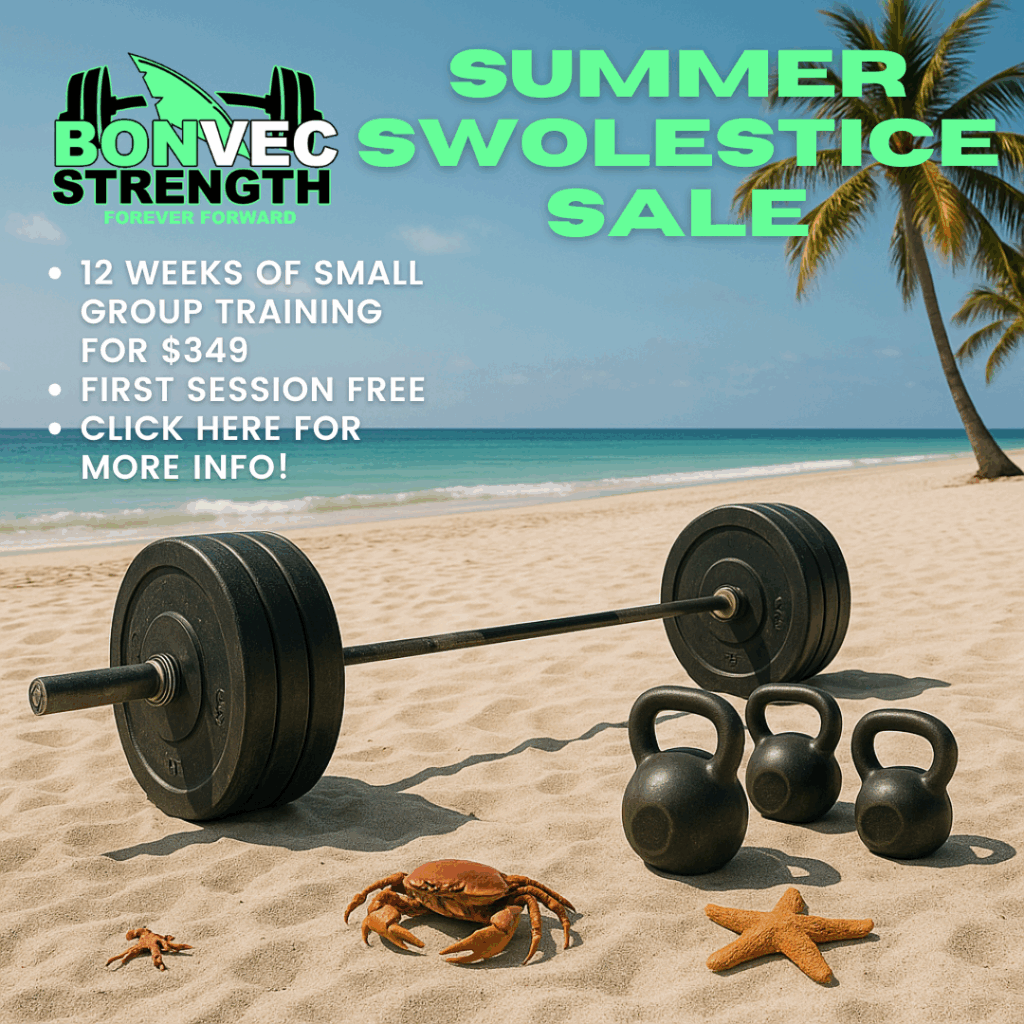This fall marks the 10-year anniversary of my official coaching career. In 2012, I accepted my first paid coaching internship during graduate school at Xceleration Sports Training on Long Island. Although I’d “coached” some friends and teammates during undergrad, I consider this my coaching anniversary because it was the first time I’d actually gotten paid to coach.
I didn’t even realize I’d been coaching for a decade until I asked my followers on Instagram for some blog topic suggestions and someone floated the topic of how my coaching approach has changed over the years. That prompted some reflection and the realization of how long it’s been.
I’ve made plenty of mistakes and learned some valuable lessons along the way. From technical coaching ability, to relationship building, to business sense, here are the first 5 of the 10 most important lessons I’ve learned over the past 10 years.
1. Care More
I’ve always cared way too much about just about everything. As a kid, I worried constantly about what other people thought about me: how I looked, how I talked, how I acted. I still tend to sweat the small stuff. All the Mindset Monday content I put out is stuff I’ve personally had to use to curb my own tendencies to overanalyze and overthink things.
The anxiety that comes with coaching and running a business has been crippling at times, especially through a pandemic and separation from a business partner. But rather than learning to care less, I had the realization that my tendency to care so much about everything could be a strength. So I leaned in.
Now, I believe the fact that I care so deeply about the client experience at Bonvec Strength is what makes us the best place to train in our area. I told a few of my lifters the other day that I am literally their biggest fan when they’re training and get so fired up watching them get stronger. And I absolutely mean it.
Maybe it’s “cool” to not care too much and let everything slide off of you like Teflon. But every successful lifter, coach and business owner cares to the point of obsession about their craft. The best ones just know how to respond to adversity without losing their cool. Remember: we can’t control what happens to us, but we can always choose our response.
I’ll continue to care more about everything than anyone else, and I believe that’s a competitive advantage for me as a coach and business owner.
2. Ask More Questions
Communication is key in any relationship. Coach to athlete, employer to employee, partner to partner. If you can’t communicate openly, honestly and clearly, it’s going to be challenging to forge a meaningful relationship. The most effective strategy I’ve learned to be a better communicator is to ask better questions.
As Dale Carnegie says in his classic book How to Make Friends and Influence People, “To be interesting, be interested.” You have to genuinely care about getting to know the people around you, and that starts by asking questions and listening intently to what they have to say.
In coaching, this reveals tremendous detail about a lifter’s goals and learning style, which a coach can use to more effectively communicate to them during training.
In sales, this gives you pain points around which to revolve your sales pitch and identity factors you can use to build common ground.
The most powerful question I’ve learned to ask in all situations: “What do you think?” Whether it’s to a lifter after a set is over, a prospective client after I’ve presented my sales pitch or to my wife when making a parenting decision, this question can’t be answered in one word and demonstrates that I truly value their feedback. Good things almost always come from their response.
3. Overcomplicate Before You Simplify
Everyone always says to keep things simple, stupid. Simple is great, but when it comes to coaching, training and running a business, sometimes you have to overcomplicate things as you’re learning the nuts and bolts.
For example, young coaches tend to overcoach. They throw every single cue in the book at their clients. They write overly complex training programs. They worry about how many degrees of big toe dorsiflexion their clients have. And that’s OK, because they’re learning. When you don’t fully understand a concept, it seems complicated and overwhelming, so when you communicate it to someone else, it sounds… well, complicated and overwhelming.
Mastery leads to simplicity. As you learn and master a concept, you tend to see the forest through the trees. You learn to be clear and concise with your explanations. When you’re green behind the ears, you can’t do that because you don’t know enough to separate the big concepts from the little details. When you don’t know that much, every new thing you learn seems like it matters a lot.
I’m not sure there’s any other way to do it. I think you have to woodshed your coaching abilities by gradually simplifying your approach as you learn more about anatomy, biomechanics, motor skill development and program design. Eventually, you’ll achieve clarity and be able to communicate more clearly to those around you.
4. Be a Good Lifter
There’s zero chance that I am running a successful powerlifting business today if I hadn’t been a good lifter 10 years ago. Because I took a roundabout route to becoming a trainer (I’ve got a journalism undergrad degree and didn’t start actually training people until I was 24 years old), the only thing I had on my resume was my powerlifting total. No really, I put my total on my resume when applying for jobs and internships.
There is so much context and nuance that needs to be communicated to clients when teaching them how to lift. If you’re not at least a decent lifter yourself, you’re automatically handicapping your coaching ability.
I was always amazed at how many fellow interns and coaches everywhere I went claimed to be passionate about strength and conditioning, yet their approach to their own training was about as passionate as a DMV employee is about their job.
More than once I’ve recommended that a young coach spend less time training clients and instead invest that time into their own workouts. I believe it’s so important to be a strong, competent lifter that even if you shave a few clients off your roster in order to get your own training in, you’ll make that money back and more down the line because of the credibility you gain from being a kickass lifter yourself.
5. Set High Standards
Accountability is paramount as a coach and business owner. Clients literally hire you to hold them accountable. So set high standards and communicate clear expectations right from the beginning. I was really bad at this for a long time.
Because I grew up caring so much about what people thought of me, I had a hard time holding people accountable early in my coaching career. Show up late? No worries, it happens (a lot). Squatting high? That’s OK, you’ll hit depth on meet day (famous last words). Didn’t rack your weights? It’s fine, I’ll handle it (and call you an asshole in my head rather than call you out).
This is not good coaching. While it’s uncomfortable to call people out and hold them accountable, it’s a Band-Aid that must be ripped off. I’ve never once regretted holding someone accountable but have always regretted when I didn’t. It always comes back to bite my client, myself or both of us.
I’ve found it helpful to have standards and expectations in writing. At Bonvec Strength, our core values are clearly displayed on a posterboard on the wall and we explain them to every new member. Our daily cleaning list is printed and posted in our entryway so coaches can’t leave for the day without seeing it. And our strength standards for moving through our exercise progressions and programming progressions are posted for all our members to see during every workout. There are no shortcuts.
This also means you as a coach and/or business owner have to hold yourself to the same standards. Be the first one to show up and the last one to leave. Take care of yourself, physically and mentally, so you can provide the value your clients pay good money for. Squat to depth. Touch your chest to the floor on push-ups. Give a damn about your own lifting technique. Lead from the front and others will follow.
5 Down, 5 to Go
Next week I’ll share my final 5 lessons from the past decade of coaching. Stay tuned!


